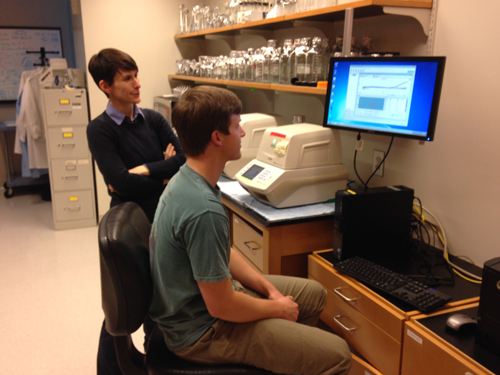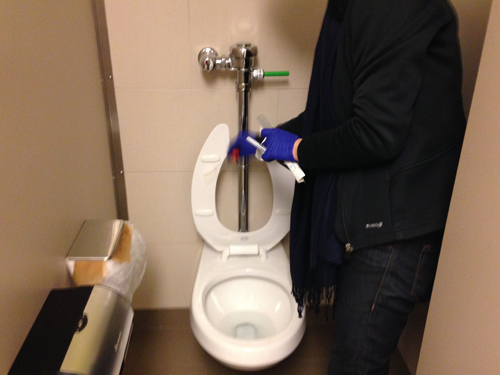Problem. Norovirus is the most common cause of gastroenteritis worldwide. Despite the public health and economic impact of this disease, little is known about public health prevention, control, and host protection to infection.
Goal. Our goal is to understand the mechanisms of infection, disease transmission, prevention, and control and use these to inform interventions and policies.
Applied research. Our results are used to identify interventions that can reduce the burden of this disease worldwide, especially among vulnerable populations. We have identified risk factors associated with norovirus outbreaks, measured norovirus infectivity in water and tested interventions to reduce norovirus infectivity in shellfish, and identified immune mechanisms of human immunity to norovirus. We use a combination of epidemiologic, clinical, immunologic, laboratory-based, and community-based approaches to address our goal.
Partnerships. We share our results with important partners including the government (e.g. the Division of Viral Diseases at the Centers for Disease Control and Prevention), public-private-academic consortia (e.g. NoroCORE), industry, and educational institutes. We helped work with Emory University on a norovirus outbreak (see article 1, article 2). We have received funding from both the National Institutes of Health and the United States Department of Agriculture to towards this work.
All photos of individuals were deidentified or consents were obtained.





